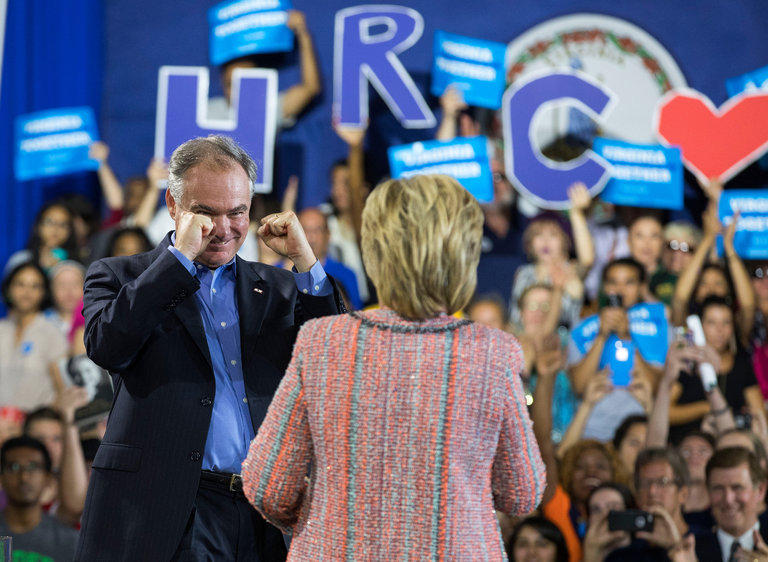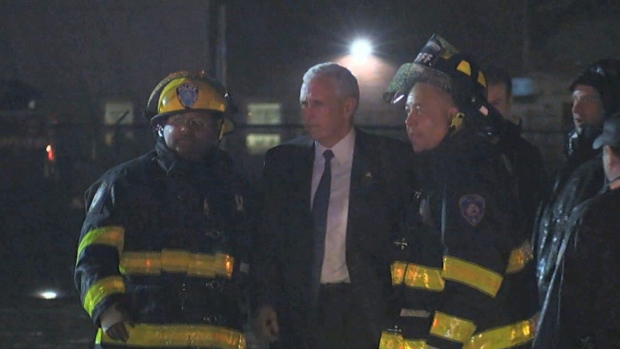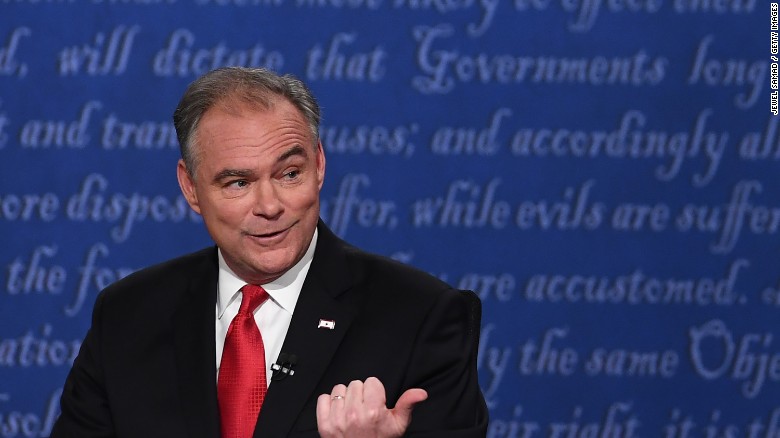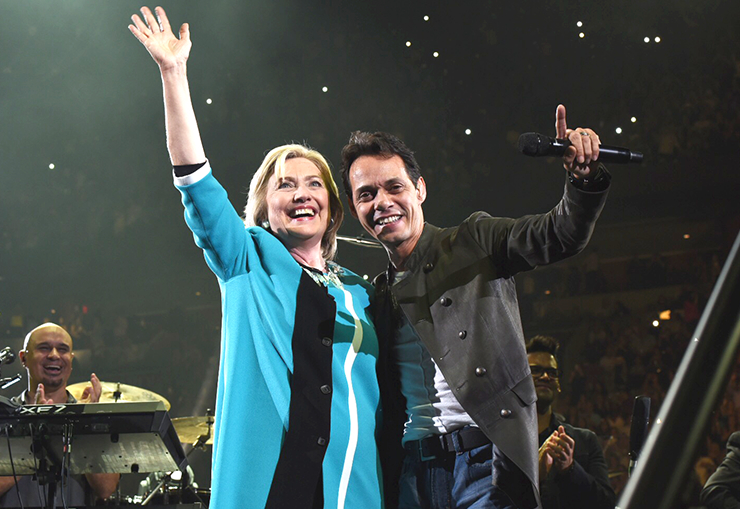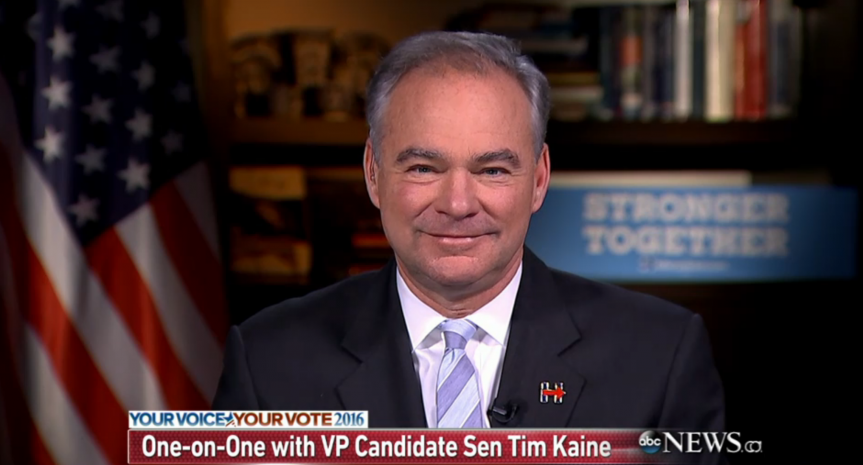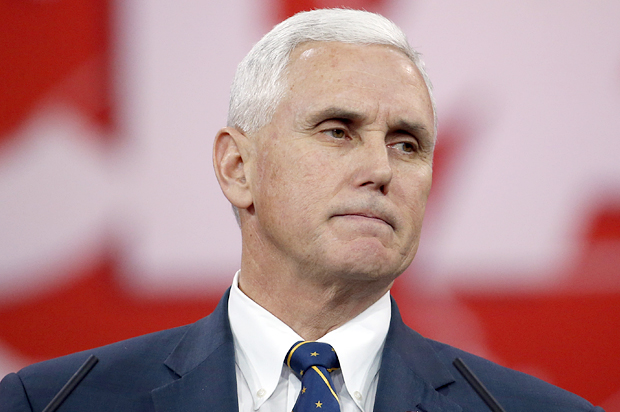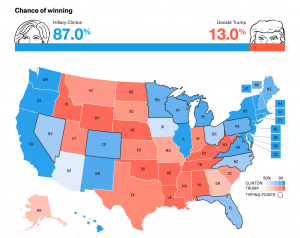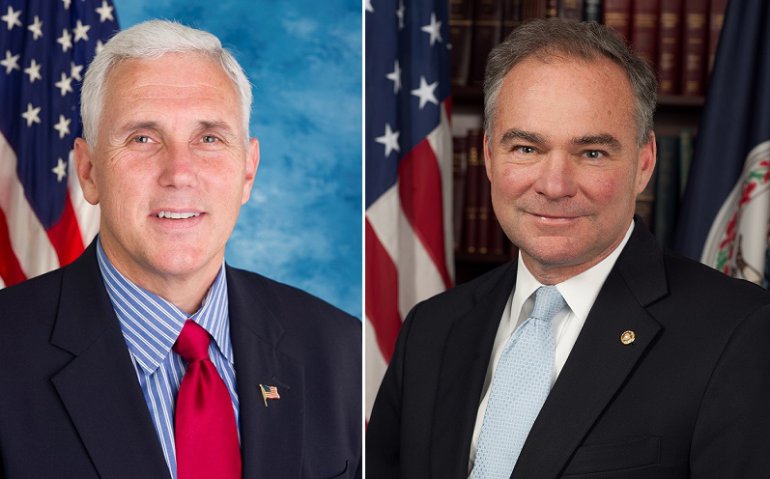With just 2 days remaining in the 2016 presidential election, it is crunch time for the campaigns especially in key battleground states like Virginia. Given Sen. Tim Kaine’s long political history in Virginia, he is presumably Clinton’s best surrogate to appeal to Virginians. Therefore, Kaine’s rhetorical objective in his final appeal to Virginians will be to shift a small but necessary number of voters to secure Clinton’s victory.
Election eve
As reported by the Richmond Time-Dispatch, Sen. Tim Kaine will hold a final rally in Richmond on November 7, the night before the election. The Clinton campaign explained that “he will urge Virginians to make history on Tuesday by electing Hillary Clinton president and embracing an America that is stronger together.”
Virginia up for grabs
At Monday’s rally, Kaine will make his final appeal and must make it clear why Hillary Clinton should be elected president. Even if he is only able to convince a small percentage of Virginians, that could make the difference in preventing a Trump victory, as it has been widely reported that Virginia is a must-win state for the Trump campaign.
Kaine’s last push
As mentioned previously, Sen. Tim Kaine does hold a great deal of political capital in Virginia. He is a former Virginia governor, former Richmond mayor, and current Virginia senator; however, Clinton’s lead in Virginia has been diminishing in the past few days. On Monday, Kaine should push detailed policy proposals aside and focus on Clinton as a candidate compared to Trump. He must make comparisons of character and trust to appeal to any remaining undecided or persuadable voters. Although it is a scare tactic, he should make use of similar rhetoric used in Clinton’s “daisy ad.” As this point in the campaign, Kaine and the Clinton campaign must resort to strategies of that sort to decidedly beat Trump.
Tim Kaine photo retrieved from: The New York Times

